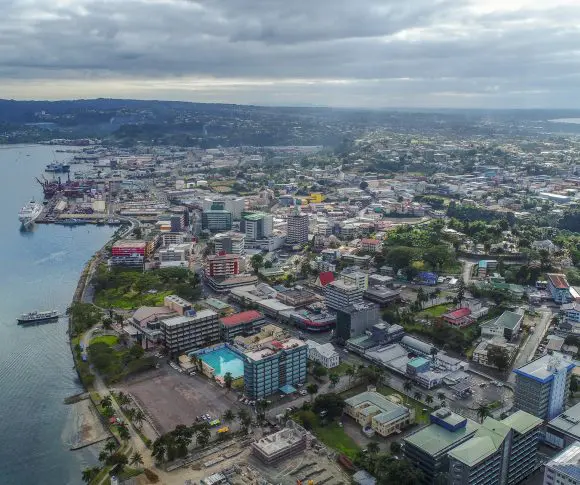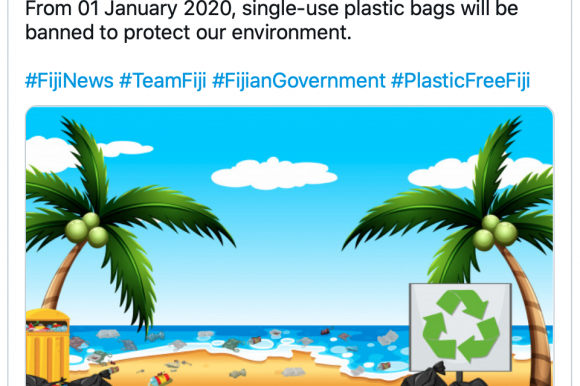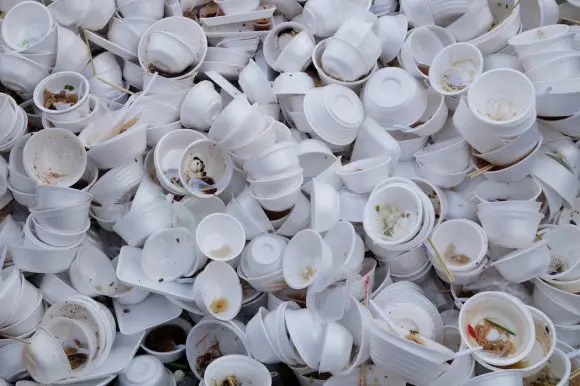By clicking submit, I consent to my personal data being collected, stored, and processed by Think Pacific in accordance with our Privacy Policy.
A National Perspective: Waste
For both rural and urban areas of Fiji, implementation of an effective waste management system proves a huge challenge. Less than 100 years ago, the remote islands of Fiji had very little waste. However, as Fiji has increased its plastic production, as well as imports, new management systems have to be created to deal with non-reusable waste. Currently, the majority of rural Fiji dig burn pits for their rubbish, which can be detrimental to both the health of the individuals and of the land.
Although people in Fiji have a very low per capita carbon footprint compared to many other countries around the world (as seen in section 2), an effective waste management system is required to ensure a safe future for all of the country. This was highlighted by Fiji’s Department of Environment as they stated that ‘open burning of waste has been identified… as a major source of air pollution in rural communities as well as squatter settlements as they do not have a waste collection system that is available in the urban areas’.
A thought to ponder: What ways can waste be disposed of in a rural village environment? Can the waste be recycled locally and effectively?

‘Piles of rubbish is now a growing health concern for residents in the area’ – Check out the article below:

Consumption of single use check out bags was estimated in 2010 to be around 70 million per year in Fiji, with urban population use at around 150 per person per year. In 2004, a survey of three locations in urban Fiji found plastic bags at an average rate of one every seven meters over the 5.8km of roads surveyed.
Introduced in January 2020, the Fijian Government introduced a Plastic Bag Ban in their strive towards a ‘Plastic Free Fiji’.
On the outset this appears to be a significant step. However, in replacement of the single use plastic bags, thicker clear bags (>50microns thick) are being used in the same capacity: meaning more plastic manufactured and similar levels of pollution.

The next phase of the journey towards a ‘Plastic Free Fiji’ is the banning of polystyrene which, with Fiji’s significant culture of road side vendors and fast food, should have a significant contribution in driving down plastic waste.
The ban was introduced in January 2021 with the July 31st the date whereby it will be fully enforced. This period is to allow businesses time to arrange alternative measures.
At present, there are no facilities in Fiji capable of producing this to the required capacity. One possible solution is for Fiji to heavily invest in technological R&D (research and development) solutions that will drive down the cost of production. On the other hand, Fiji could wait until technology is available around the rest of the world at an affordable price before purchasing the infrastructure to make this possible.
Precious Plastics (One Army) have come up with a brilliant idea to turn plastic waste into valuable items. Through sorting, crushing, melting and moulding plastic, Precious Plastics have provided an open-source concept that allows someone to set up their own recycling centre.

